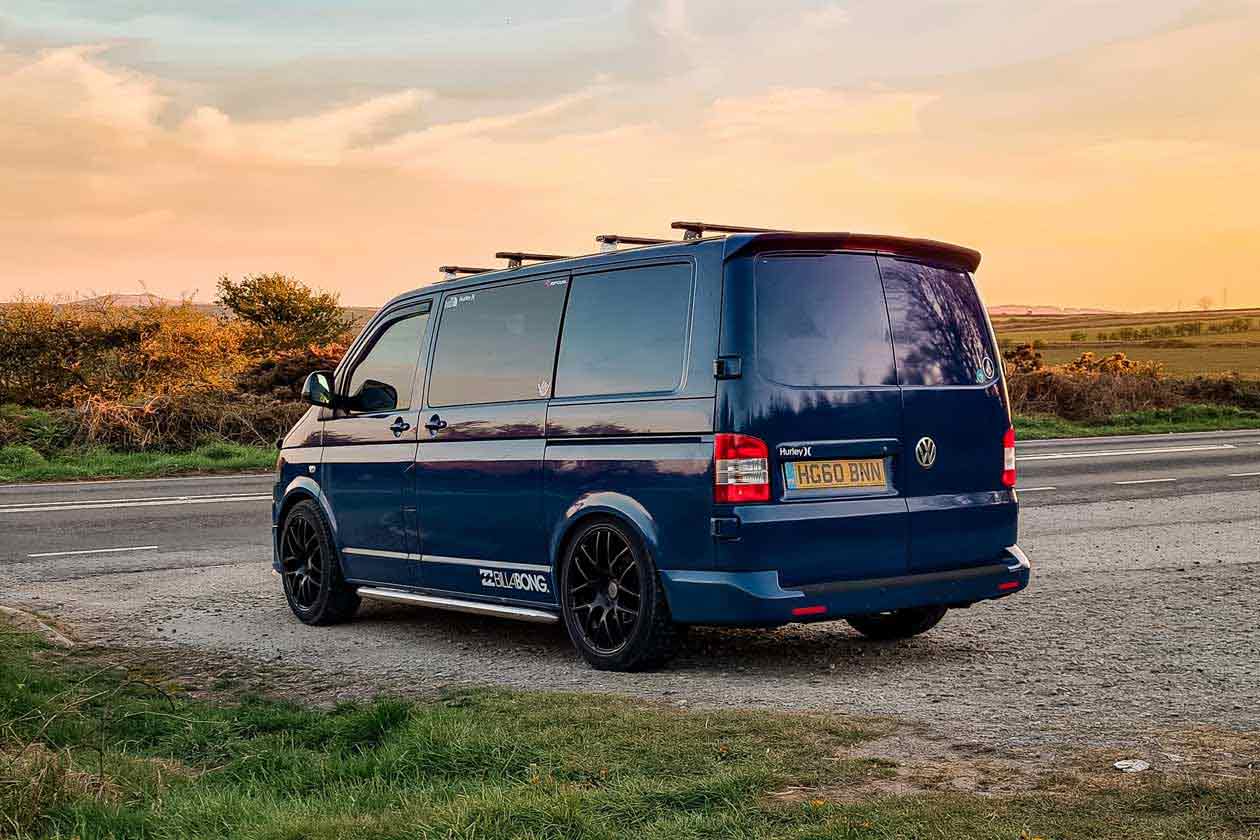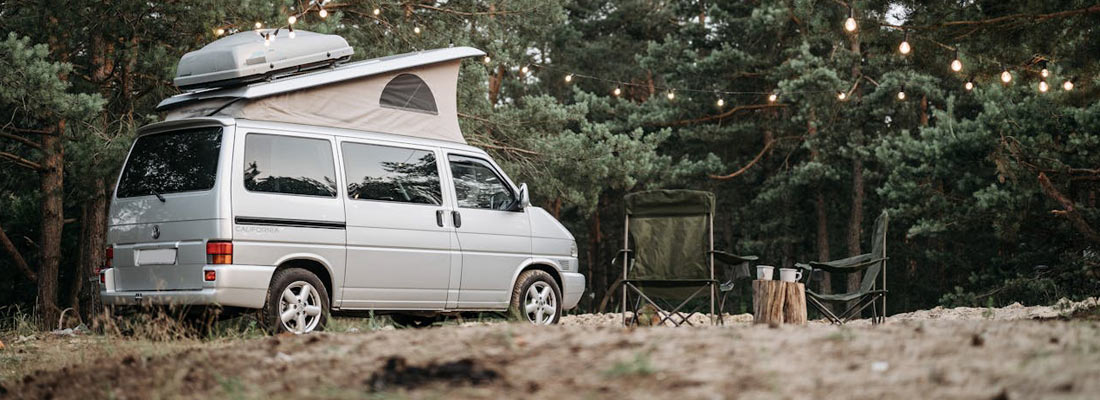Here’s a quick guide to help you understand the different vehicle insurance groups, to help you get the right insurance at the right price.
We’ve been insuring all kinds of vehicles since 1998, so we know exactly what to do to get you the best deals on your vehicle insurance policy.
There are different insurance groups for cars, vans, and campervans, and your vehicle’s insurance group can play a significant role in determining the cost of your insurance premium.
This blog explains what insurance groups are, how they’re determined, and how they can impact your campervan insurance costs.

What Are Vehicle Insurance Groups?
Insurance groups are categories which insurance providers assign to vehicles based on various factors which can affect their risk level and therefore the cost of insurance.
In the UK, vehicles are typically classified into one of 50 insurance groups, with group 1 being the least risky (and cheapest to insure) and group 50 being the most risky (and most expensive to insure).
What Factors Determine Insurance Groups?
There are a number of different factors which can influence the insurance group of a vehicle, including:
Vehicle Performance: High-performance vehicles with powerful engines are generally placed in higher insurance groups due to both the increased risk of accidents and higher repair costs.
Safety Features: Vehicles equipped with advanced safety features may be placed in lower insurance groups because they’re less likely to be involved in accidents, or those accidents are likely to be less severe.
Cost of Repairs: The cost and availability of spare parts, as well as the complexity of repairs, can also affect the insurance group. Vehicles that are expensive to repair are placed in higher groups, while those with plentiful parts which are quick and easy to install may be placed into lower groups.
Security Features: If your camper is fitted with robust security features, such as alarms and immobilizers, it’s likely to be placed in a lower insurance group as it’s less likely to be stolen.
Value of the Vehicle: More expensive vehicles typically fall into higher insurance groups due to the higher potential cost of claims, and because they’re often more likely to be targeted by thieves.
How Do Insurance Groups Affect Campervan Insurance?
The insurance group of your campervan will directly impact your insurance premium, with vehicles in higher insurance groups generally incurring higher premiums.
For self-built campervans, understanding the base vehicle’s insurance group can help you estimate your insurance costs more accurately.

What Examples of Popular Campervan Makes Are Available?
Here’s a look at the insurance groups which some popular campervan brands are generally placed into by insurance providers:
Mercedes-Benz: Known for their high-performance and luxury, Mercedes-Benz campervans, like the Sprinter, often fall into higher insurance groups due to their value and repair costs.
Hymer: As a premium motorhome manufacturer, Hymer vehicles are typically placed in higher insurance groups, reflecting their high value and extensive features.
Peugeot: Models like the Peugeot Boxer can vary in insurance groups depending on the specific configuration and features. Generally, they are mid-range.
Renault: The Renault Trafic is a popular choice for conversions and tends to fall in mid to upper insurance groups, influenced by its versatility and performance.
Ford: Ford Transit vans, widely used for conversions, range from mid to higher insurance groups depending on the model and specifications.
Toyota: Known for reliability, Toyota campervans like the HiAce often fall into mid-range insurance groups.
Citroën: Citroën Relay vans, popular for DIY conversions, typically fall in the mid-range of insurance groups.
Fiat: The Fiat Ducato is another popular conversion base, with insurance groups ranging from mid to high.
Vauxhall: Models like the Vauxhall Vivaro are versatile for conversions and generally fall into mid-range insurance groups.
Volkswagen: VW campervans, especially the iconic Transporter, can range from mid to high insurance groups, reflecting their popularity and value.
What about Self-Build and DIY Campervans?
For self-build and DIY campervans, the insurance group of the base vehicle is a critical starting point. However, the modifications and additions you make during the conversion process can also affect the insurance classification.
Adding features like enhanced electrical systems, solar panels, and custom interiors can impact the overall value and insurance group of your campervan.
Be sure to check out our sister company Just Kampers if you’re looking for parts and accessories for your campervan conversion. They offer everything from fridges to rustproofing, and everything in between!
In Conclusion
Understanding insurance groups is essential for managing the cost of insuring your campervan, and knowing how these groups are determined and how they affect your premiums can help you make informed decisions.
For self-build and DIY campervans, it’s crucial to consider both the base vehicle’s insurance group and the impact of any modifications.
By choosing your base vehicle wisely, enhancing security features, maintaining safety standards, and shopping around for the best rates, you can effectively manage your campervan insurance costs.
To learn more about campervan insurance and explore coverage options tailored to your needs, visit Just Kampers Insurance.
So, give us a call on 01256 44 45 46 and let one of our specialist team discuss your requirements. Or Get an online quote today or arrange a call back and let us call you at a convenient time.
